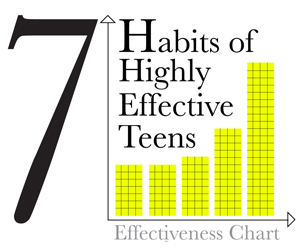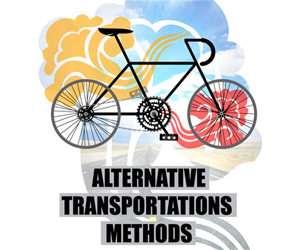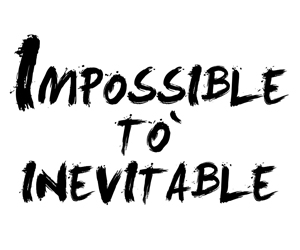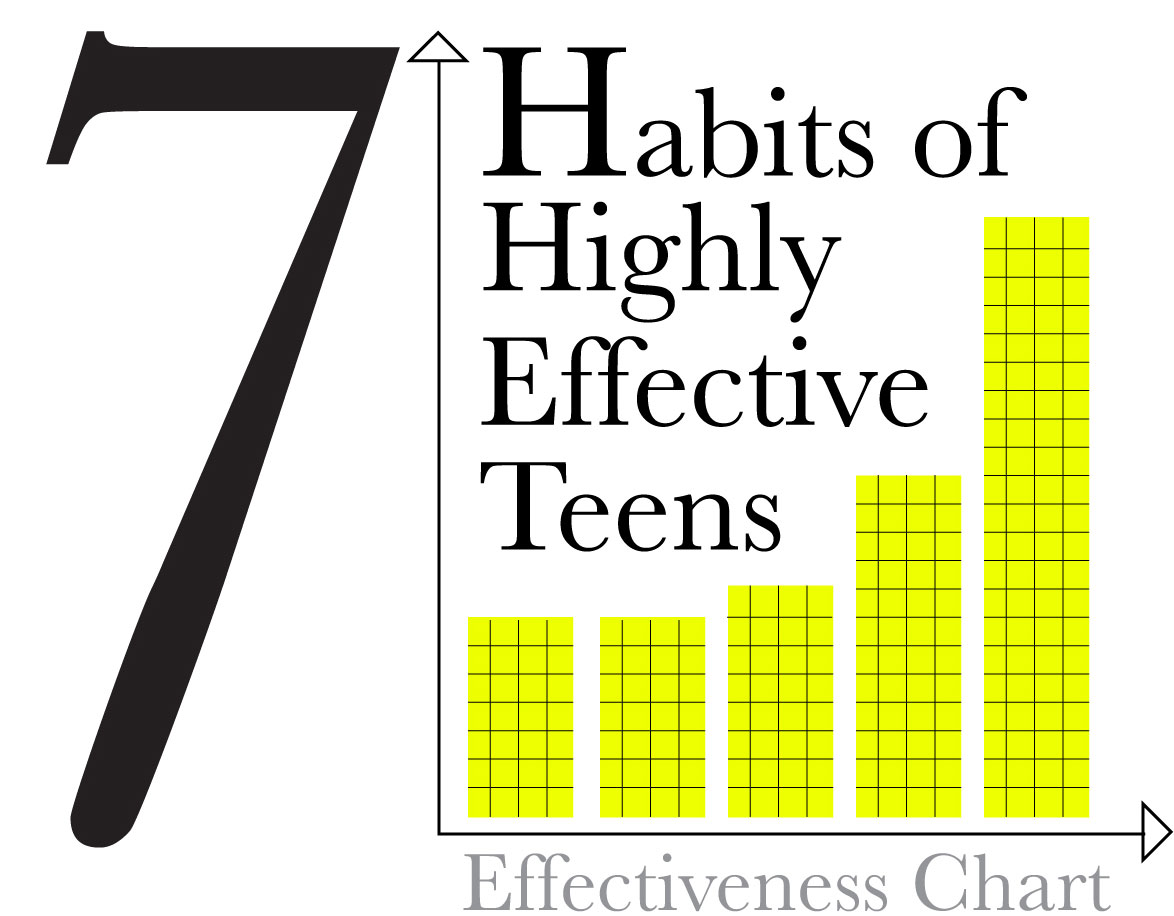
 now, you would probably have realised that life is not a playground but a jungle. You have to face with peer pressure every day in school. Sometimes, if not often, you feel unmotivated even though you want to be successful. The life of a teenager is full of tough issues and life-changing decisions. In Stephen R. Covey’s Seven Habits of Highly Effective Teen, you might just want to adopt these habits.
now, you would probably have realised that life is not a playground but a jungle. You have to face with peer pressure every day in school. Sometimes, if not often, you feel unmotivated even though you want to be successful. The life of a teenager is full of tough issues and life-changing decisions. In Stephen R. Covey’s Seven Habits of Highly Effective Teen, you might just want to adopt these habits.

Take control and responsibility for your life, for your own happiness or unhappiness.
Don’t blame others for your own actions or feelings.
Proactive people …
- are not easily offended
- take responsibility for their choices
- think before they act
- bounce back when something bad happens
- always find a way to make it happen
- focus on things they can do something about, and not worry about the things they can’t.
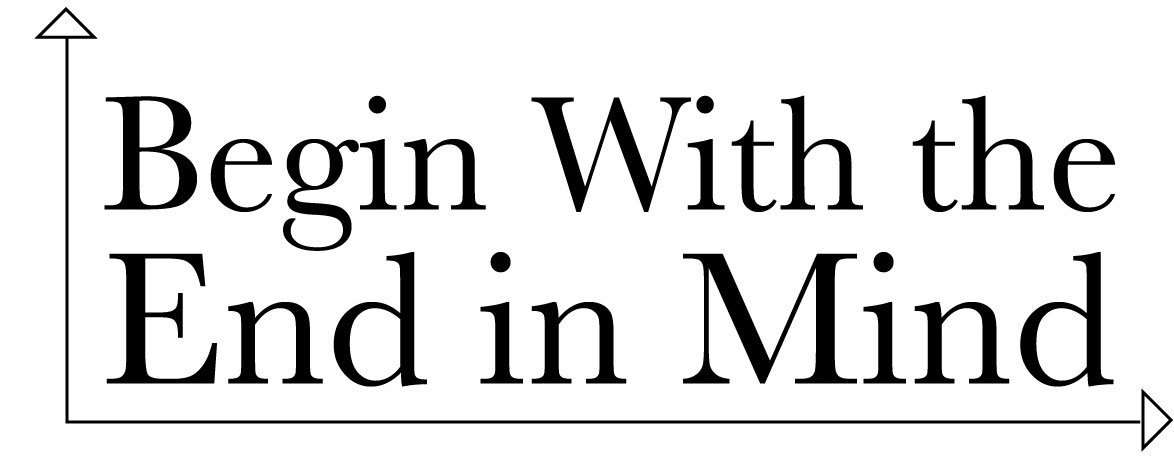
Be clear about where you want to end up in life, about your values, goals, and what you stand for, or else you will just be wandering, wasting time, and being wavered by the opinions of others.
Create a personal mission statement that will act as a road map and direct and guide your decision-making process.
“If you don’t set goals for yourself, you are doomed to work to achieve the goals of someone else.” – Brian Tracy
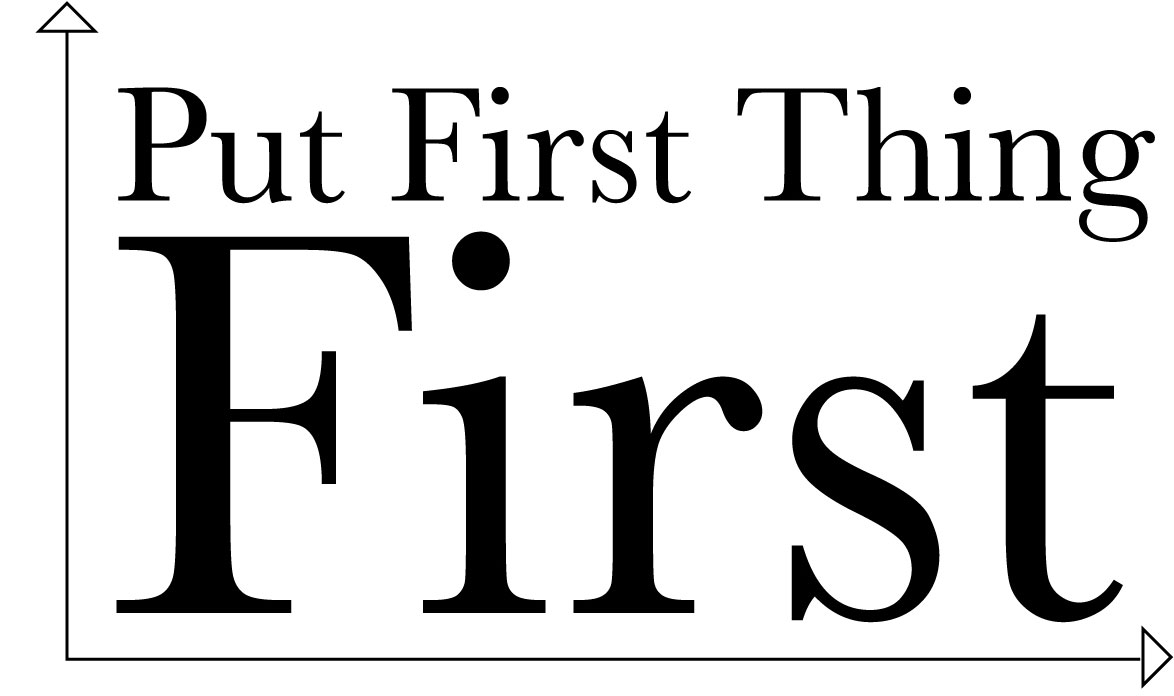
Identify what matters most in life.
Learn to prioritize and manage your time to stay focused on and complete the most important things in your lives.
Putting first things first also means learning to overcome fears and being strong during difficult times.
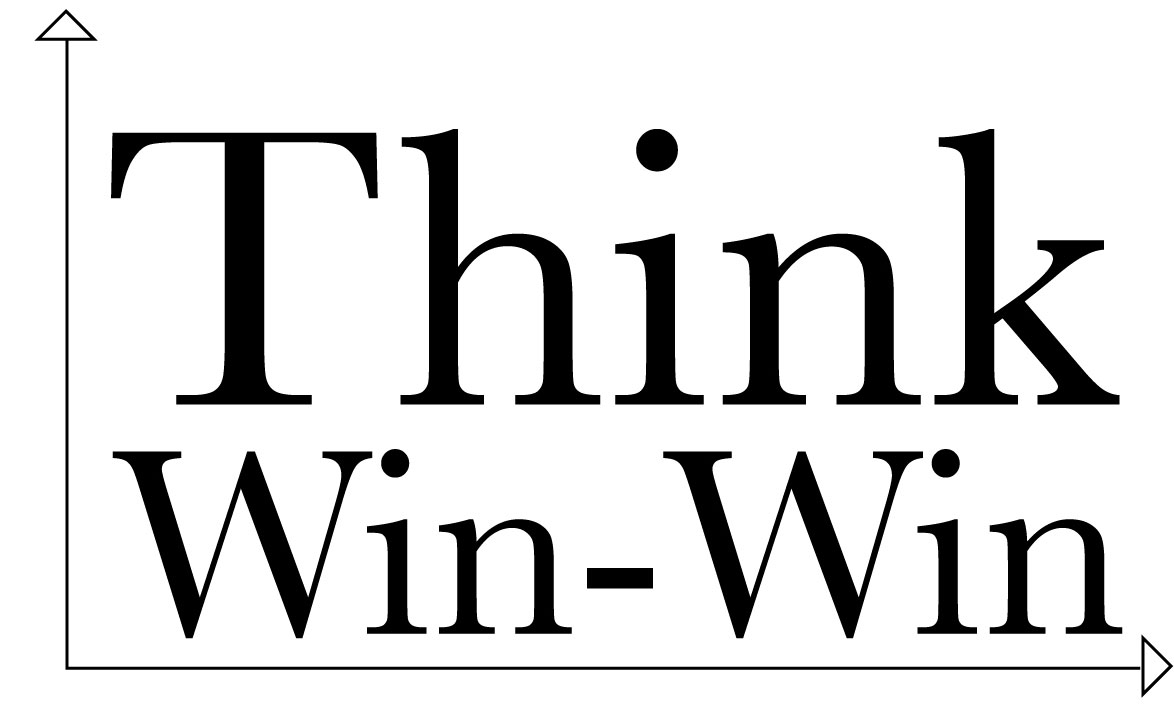
Learn to believe it is possible to create an atmosphere of win-win in every relationship. This habit encourages the idea that in any given discussion or situation, both parties can arrive at a mutually beneficial solution.
Learn to celebrate the accomplishments of others instead of being threatened by them.
“What do we live for, if not to make life less difficult for each other.”
– George Elliot
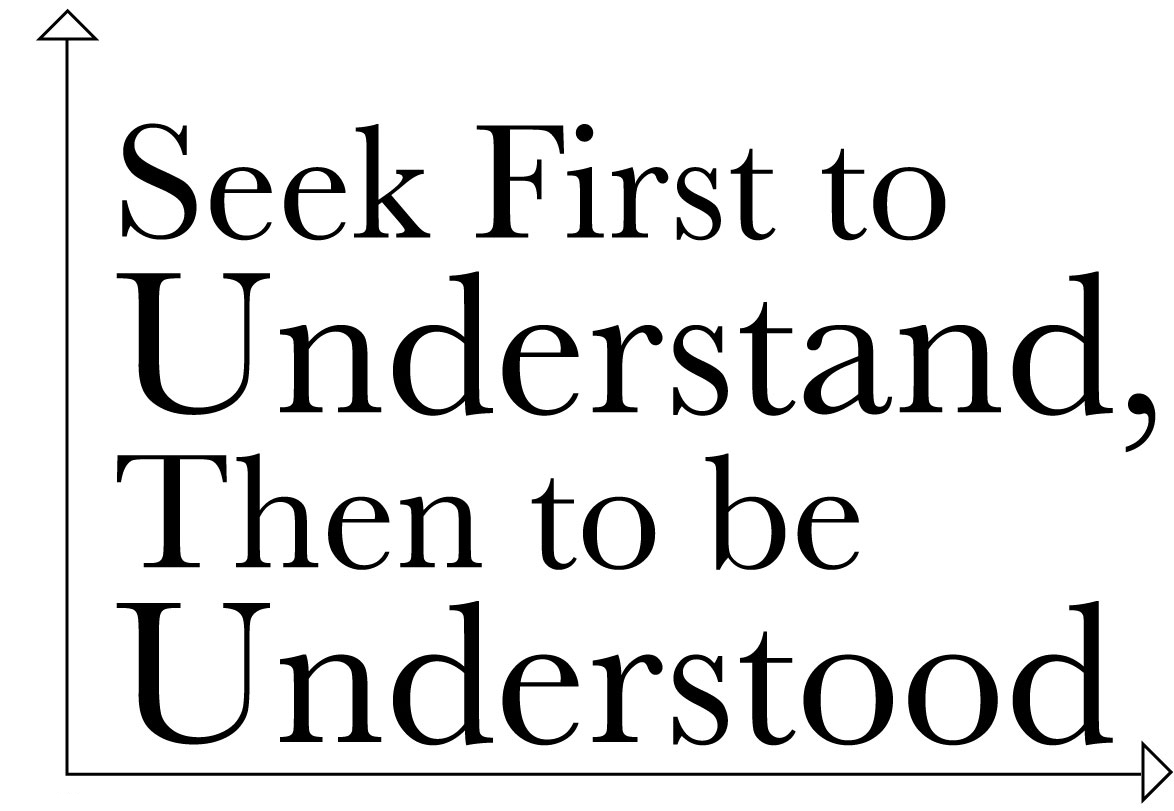
Listen actively by…
- establishing eye contact when listening to another
- rephrase or retell what you heard
- being mindful to tone of voice and non-verbal cues
- being open-minded and not judging based on your own perspectives or feelings

- Recognize that ‘two heads are better than one’.
- Instead of seeing “your way” or “my way”, see the discussion as a better way, a higher way.
- Value differences and better appreciate others.
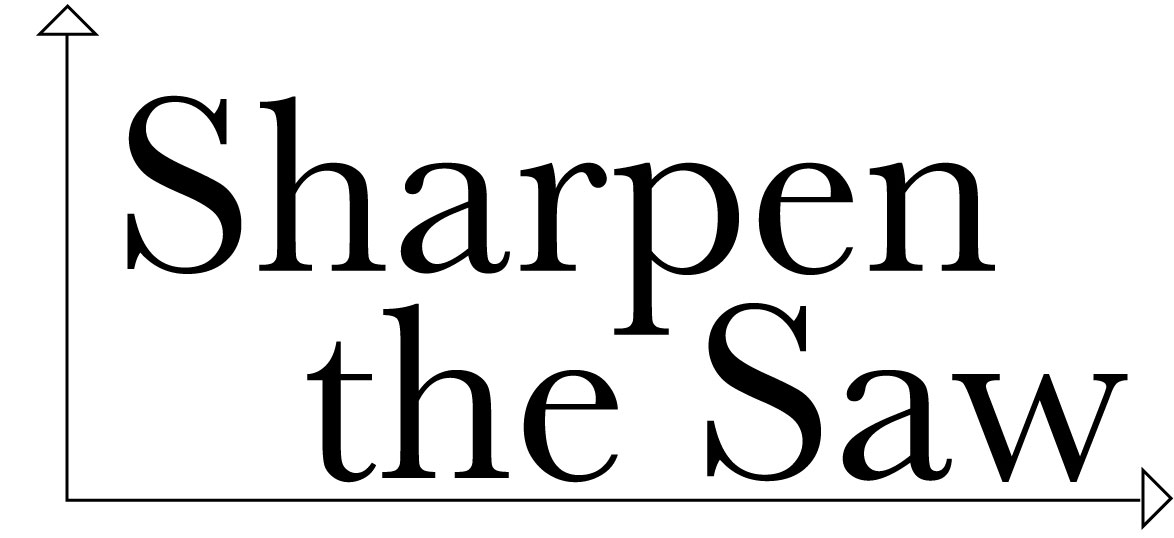
Take time to renew yourself physically, mentally, emotionally and spiritually.
- Stay healthy.
- Have time alone to reflect.
- Read for leisure or self-development.
- Meditate or pray.















